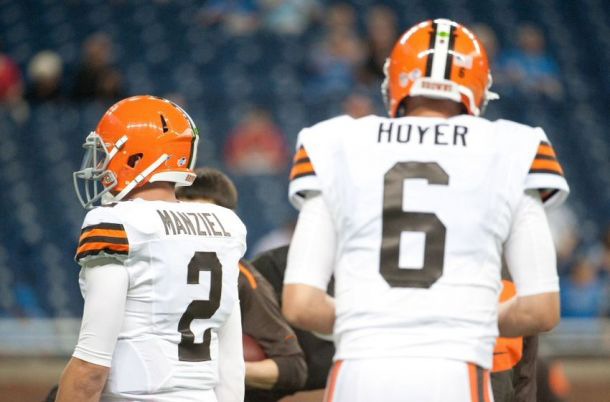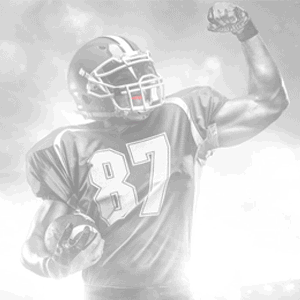Who’s Your Team’s MVP: The Seasoned Vet Or The Enthusiastic Rookie?

 As a coach, which players would you say are more valuable to your roster: seasoned veterans or eager rookies?
As a coach, which players would you say are more valuable to your roster: seasoned veterans or eager rookies?
Your veterans are the players you count on because you know who they are. They’re more reliable and provide certain intangibles in key moments that only come with experience. Oftentimes, vets are the anchor of your team, whether they’re your team’s superstar or a role player.
Having a cagey veteran is like having a second coach on the field, court or ice, as they’re able to guide other members of your team, call plays and maintain order. When your long-term players know your system, style and habits inside-and-out, they very rarely let you down.
Just look at the defending-NBA Champion San Antonio Spurs, for example. They are a team built around aging veterans (Tim Duncan, Manu Ginobili and Tony Parker) who have been playing together under the same coach (Gregg Popovich) for more than thirteen years now. It’s no coincidence that they have four rings — and that’s not counting the first one Duncan and Popovich won together in 1999.
Veterans are the heart of your team. However, a vet is a vet for a reason; it means they’ve been around for a long time and may be wearing down. Veterans are typically more susceptible to injury and are usually less flexible in situations that may require them to play out of position or take a smaller role. Disruptions in team processes or changes to team policies and styles don’t always sit well with veterans. But that’s where new blood comes in…
Rookies are a completely different story. Rookies bring a spark and excitement to your team that veterans simply cannot, as they are somewhat of a wild card. You’re never really certain what you have with a rookie until they get actual playing time, but the influx of new energy and enthusiasm is vital to keeping your team’s edge. And there are some advantages that all rookies bring to the table.
No matter what the situation, it’s all new to them and they’re excited to get the experience. Oftentimes, they want to succeed and prove themselves no matter what the obstacle and stop at nothing to achieve it, which sometimes results in something spectacular. There are countless examples of NFL rookie running backs getting the call — whether due to injury or simply as a change-of-pace back — and instantly making a name for themselves. You may remember Bryce Brown getting two starts for an injured LeSean McCoy midway through his rookie year with the Philadelphia Eagles and rushing for over 165 yards and two TDs in both games.
When a rookie does something great, it provides a boost to the whole team and may lift your squad to new heights. And that affect is even more apparent if a rookie instantly becomes your best player. However, even rookies who look like studs are going to hit a wall — as we’ve seen with the current rookie class of NFL wide receivers, which may go down as the best ever. For every great game Sammy Watkins, Mike Evans, Odell Beckham and Kelvin Benjamin have had this year, they’ve all disappeared at times too.
Rookies are untested talent and they have to adjust to the learning curve of your entire game plan. That adjustment often makes them more susceptible to mental and/or timing mistakes.
So, who is more important: the seasoned veteran or the green rookie? Both, actually.
A roster full of seasoned vets can’t do it alone, as they get worn down and may have the tendency to become complacent. An all-rookie squad lacks the leadership and teaching that veteran players bring to the table (see: Sixers, Philadelphia).
In order to have a successful team, and more importantly, in order to help players progress and become stronger, smarter players, it helps to have a healthy mix of veterans and rookies. Athletes who have been around and have gained valuable game experience tend to take less experienced players under their wing and help mentor them. In turn, rookies help to push your veteran players, as they are competing for the same jobs.
Using the Spurs as an example again, would they have gone to back-to-back Finals on the aging legs of Duncan, Ginobili and Parker alone? Any one of those players would tell you no. It was the infusion of the young (and extremely talented) Kawhi Leonard that helped keep them fresh and relevant; much like a young Rajon Rondo helped put Kevin Garnett and Paul Pierce’s Celtics team over the top in 2008.
When it comes to coaching a successful team, the right combination of savvy veteran leadership and an enthusiastic rookie spark is what’s truly most valuable.






